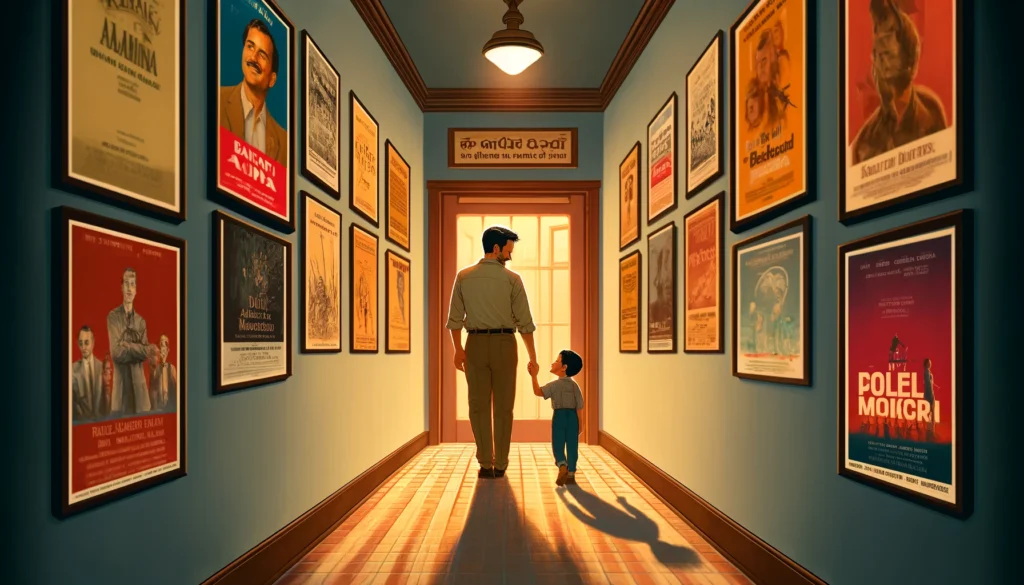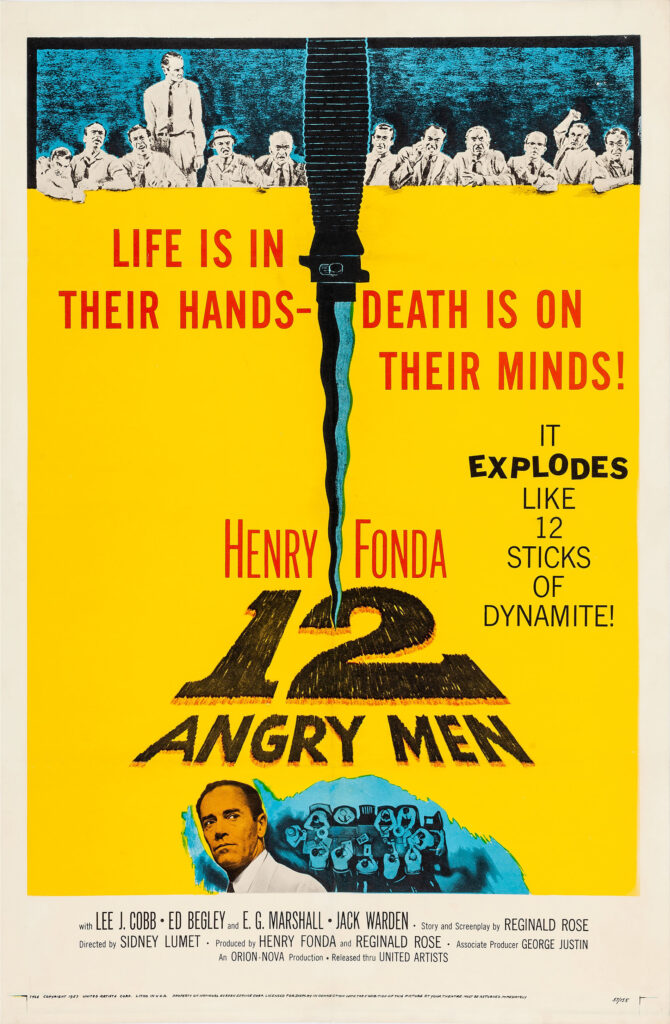
I am generally averse to watching lady-oriented movies as they usually have stereotypes for characters–both in old and modern depictions. What is a stereotype, by the way? A stereotype is a widely held but fixed and oversimplified image or idea of a particular type of person or thing. It’s a preconceived notion that doesn’t take into account the complexities and individuality of a person’s character or the nuances of a situation. Stereotypes can be based on race, gender, age, profession, or any other characteristic, and they often lead to prejudiced attitudes and discrimination.
They even extend to good/bad/grey shades of characterization. For instance, in the realm of emotions and values, we often classify them into two distinct domains. Domain A includes positive values or emotions like compassion, gratitude, humanity, patience, selflessness, sincerity, honesty, and integrity. These emotions are generally associated with fulfillment and positive vibrations, hence they are often portrayed as ‘good’ in characterizations.
On the other hand, Domain B includes what we may call dis-values or negative emotions like greed, anger, arrogance, envy, jealousy, vanity, lust, and vindictiveness. These emotions are often associated with a sense of deficiency and negative vibrations, hence they are commonly depicted as ‘bad’ or ‘evil’ in characterizations. These stereotypes, although oversimplified, often shape the way characters are portrayed in movies, reinforcing the stereotypes further.
This is where ‘Laapata Ladies’ stands out, making it a terrific watch. I will refrain from delving into the specifics of the plot. Instead, I will focus on two aspects: 1) The adept handling of the good, bad, and grey shades of characters without unnecessary exaggeration, and 2) The commendable portrayal of characters staying true to their initial characterization, yet managing to redeem themselves due to the well-crafted story arc.
Handling of Character Shades
Phool (played by Nitanshi Goel):
Phool is a character who represents the simplicity and naivety often found in rural women. Her character arc shows a realistic and grounded portrayal of a woman discovering her own strength. Initially depicted as shy and reserved, Phool gains confidence as she navigates her separation from her husband and starts working at a railway station. This growth is portrayed without exaggeration, highlighting her evolving self-reliance and resilience
Consistency and Redemption
SI Shyam Manohar (played by Ravi Kishan):
Ravi Kishan plays SI Shyam Manohar, a local police officer who initially appears corrupt, greedy, and brutal, embodying many of the negative stereotypes associated with law enforcement in rural areas. However, good shades of his character are shown early on where he is depicted as a process-oriented inspector who diligently does his job before taking advantage of the system. This meticulous nature comes to his rescue in the end. Initially, his character detains Jaya on false accusations, showcasing a lack of empathy and ethics. However, as the story unfolds and Jaya’s true identity and circumstances come to light, SI Shyam Manohar undergoes a significant transformation.
Despite his initial negative portrayal, the inspector’s character arc takes a turn towards redemption. He becomes a protector and ally for Jaya, cleverly turning the tables on her abusive husband, Pradeep. This shift is pivotal, as it not only highlights the inspector’s capacity for change but also emphasizes the film’s message that people are not always what they seem. This evolution from a corrupt official to a hero figure who aids in ensuring Jaya’s safety and freedom is a testament to the film’s ability to maintain character consistency while allowing for meaningful redemption. Ravi Kishan’s portrayal of SI Shyam Manohar is praised for its humor, love, and unforeseen feminism, making his performance stand out and earning applause from the audience.
Jaya (played by Pratibha Ranta):
Jaya’s journey in the film is a prime example of a character staying true to her initial characterization while finding redemption. She starts as a newlywed bride trapped in an abusive marriage. Due to a mix-up, she gets a chance to escape and pursue her education. Her consistent bravery and desire for independence are central to her character. Jaya’s redemption arc is well-crafted, as she not only escapes her predicament but also helps others around her, staying true to her inner strength and moral compass throughout the story.
Conclusion
Laapata Ladies is a refreshing and nuanced film that breaks away from stereotypical portrayals of women, presenting a balanced and engaging narrative. The commendable performances by the cast, particularly Nitanshi Goel, Ravi Kishan, and Pratibha Ranta, along with Kiran Rao’s adept direction, make this film a standout. It skillfully handles complex character arcs and themes, making it a must-watch. Streaming now on Netflix, Laapata Ladies is a testament to the power of well-crafted storytelling and character development.
Tailpiece: The character played by Ravi Kishan could have been portrayed by a restrained Kota Srinivasa Rao in the past, using Rayalaseema slang. In the current generation of actors, Murali Sharma or Rao Ramesh would have done an equally great job if a Telugu version were to be made today.




